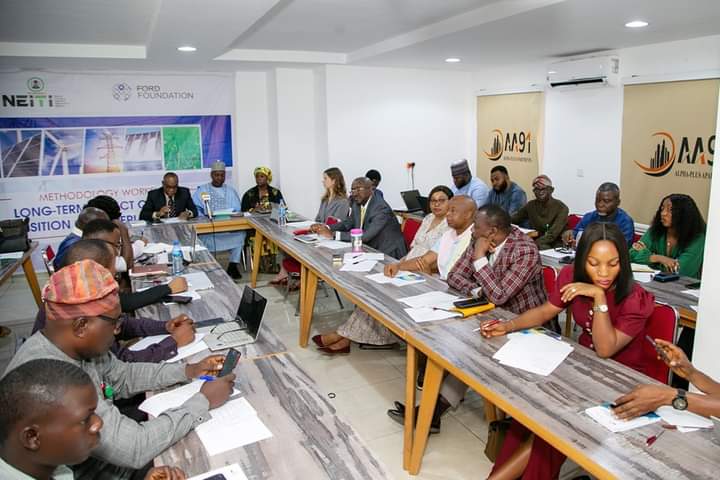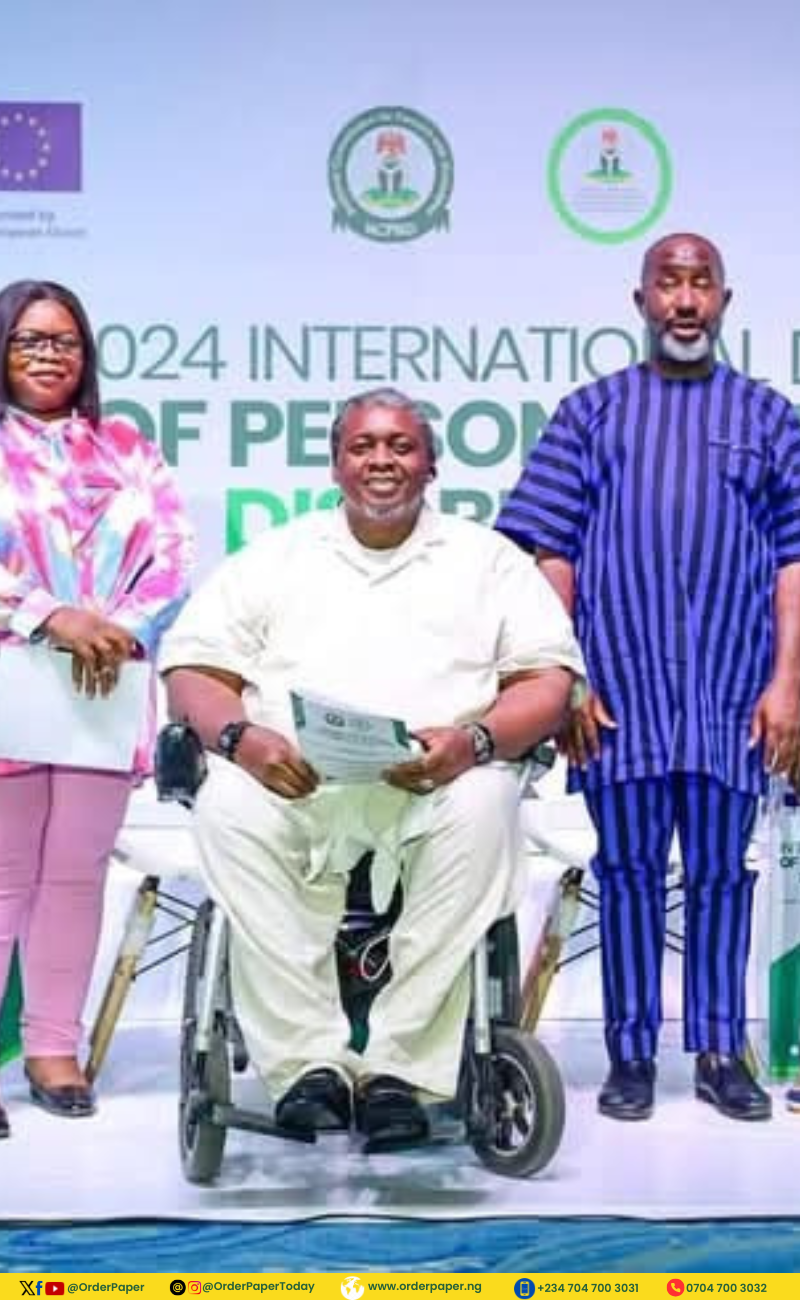Energy transition is increasingly at the forefront of national discussions in Nigeria, with many perspectives contributing to the dialogue

The Nigeria Extractive Industries Transparency Initiative (NEITI) has officially launched a research initiative focused on the impacts of energy transition on Nigeria’s economy.
This launch took place during a workshop in Abuja, where key stakeholders, experts, and policymakers gathered to discuss the study’s focus, approach, and methodology. This collaborative effort aims to refine the research framework and provide strategic insights that will position Nigeria effectively amidst global shifts in energy priorities.
The energy transition methodology workshop offered an interactive platform for participants to contribute valuable input, ensuring that the study is rigorous, inclusive, and reflective of Nigeria’s unique circumstances. The outcomes of this study are expected to play a pivotal role in shaping Nigeria’s policy responses, guiding investments in clean energy, and ensuring that the energy transition is both sustainable and inclusive.
In his opening remarks, Senator George Akume, board chairman of NEITI who was represented by the alternate chair, Mathew Adoli, emphasised the urgent need for Nigeria to strategically respond to the challenges and opportunities presented by the global shift toward cleaner energy.
“The transition from fossil fuels to renewable energy sources is no longer an abstract concept; it is a reality shaping policies, markets, and investment decisions worldwide. For Nigeria, an oil-dependent economy, this presents profound challenges and opportunities. Our ability to navigate this transition effectively will determine not only the future of our energy sector but also the overall sustainability of our economy,” he stated.
Senator Akume outlined critical areas of focus for the study which include revenue diversification by way of accelerating reforms in non-oil sectors to prepare for declining oil revenues; Investment in clean energy, aimed at attracting both global and domestic investments in renewable energy infrastructure; and just transition, ensuring an inclusive and equitable shift to clean energy.
He thereafter reaffirmed the board’s commitment to providing strategic oversight and facilitating stakeholder engagements to ensure the success of the study.
Dr. Orji Ogbonnaya, Executive Secretary of NEITI, further highlighted the study’s significance by linking it to key findings from NEITI’s 2023 Oil and Gas Industry Report. He noted a 15 percent decline in oil revenues between 2022-2023 and an 8 percent decrease in Nigeria’s production volumes during the same period, with a steadily declining reserve-replacement ratio underscore the urgency of addressing Nigeria’s energy transition impacts.
He also commended recent progress against oil theft, citing a 79 percent reduction in crude oil losses due to theft as reported in NEITI’s latest findings. He praised the efforts of the National Security Adviser (NSA) and security agencies for their decisive actions leading to this improvement and urged them to sustain their fight against oil theft.
Dr. Orji reiterated that this study is not solely a NEITI initiative but a collective project for all Nigerians. He assured stakeholders that its findings will inform national policies, guide investment decisions, and shape Nigeria’s future in a world transitioning to clean energy.
The terms of reference for the study include establishing global trends and projections on crude oil demand over the next ten years; reviewing Nigeria’s energy transition plan and related government policies; supporting NEITI’s mandate in a changing energy landscape; and aligning the government’s energy transition plan with evolving EITI standards on climate change.
In her remarks, Dr. Erisa Danladi Sarki, representative of civil society on the NEITI Board, appreciated the inclusion of civil society in the stakeholder consultation process. She called for greater attention to be paid to the negative impacts of energy transition and climate change on women and children as well as gender diversity.
Stakeholders present were encouraged to contribute by suggesting additional data sources to enrich the study, identifying gaps in the research framework, and proposing strategies for broad consultation across sectors. They also affirmed their commitment to transparency, accountability, and collaboration.



